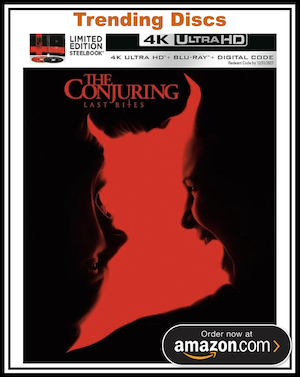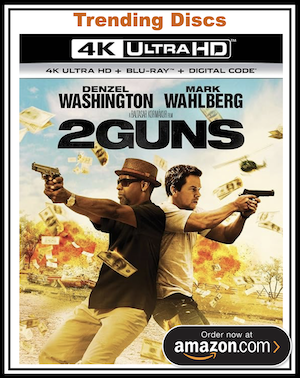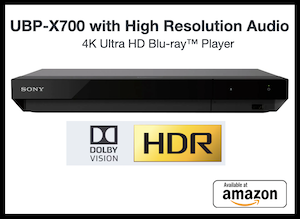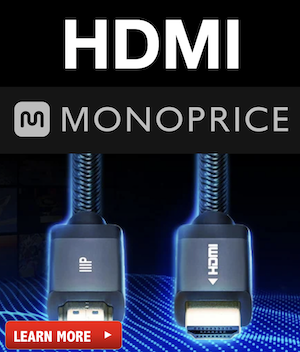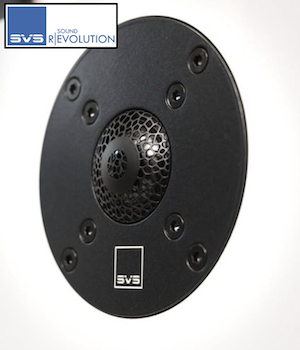1_sufferin_mind
Active Member
More
- Preamp, Processor or Receiver
- Emotiva XMC-2
- Main Amp
- Emotiva XPA-5
- Additional Amp
- McCormack DNA-1 Custom Monoblocks (On Standby)
- Other Amp
- Woo Audio WA6se w/ Audeze LCD-2
- Universal / Blu-ray / CD Player
- Oppo BDP-95
- Streaming Subscriptions
- JVC X70R Proj ; PS Audio PWD w/ Streaming Bridge
- Front Speakers
- Revel Ultima Salon
- Center Channel Speaker
- Revel Voice
- Surround Speakers
- PSB Image B5
- Subwoofers
- Seaton Sound Submersive F2+/- pair
- Other Speakers
- Cary SLP98P / VPI SuperScout with JMW9 & Hana MH
- Screen
- TBD
- Video Display Device
- LG 65" OLED 65CX
In my never-ending quest to raise awareness of all that is audio, I've discovered yet another "interesting" blog, MQA Is Bad For Music, Here's Why.. This one sets MQA on an accusatory stage illuminated in a dismal light.
What is MQA? According to Wikipedia, MQA is: "an audio codec using lossy compression and a form of file fingerprinting, intended for high-fidelity digital audio file download and internet streaming." But the blog doesn't delve into the technical aspects of the format. Instead, it discusses how MQA:
What's your opinion? Do you think the infrastructure behind MQA will support or hinder the format?
What is MQA? According to Wikipedia, MQA is: "an audio codec using lossy compression and a form of file fingerprinting, intended for high-fidelity digital audio file download and internet streaming." But the blog doesn't delve into the technical aspects of the format. Instead, it discusses how MQA:
- Appears to be a major label venture between Warner and Meridian
- Is a supply chain monopoly
- Uses fingerprinting that will check if MQA has been paid at each stage
- Stifles the artists' creativity
What's your opinion? Do you think the infrastructure behind MQA will support or hinder the format?







